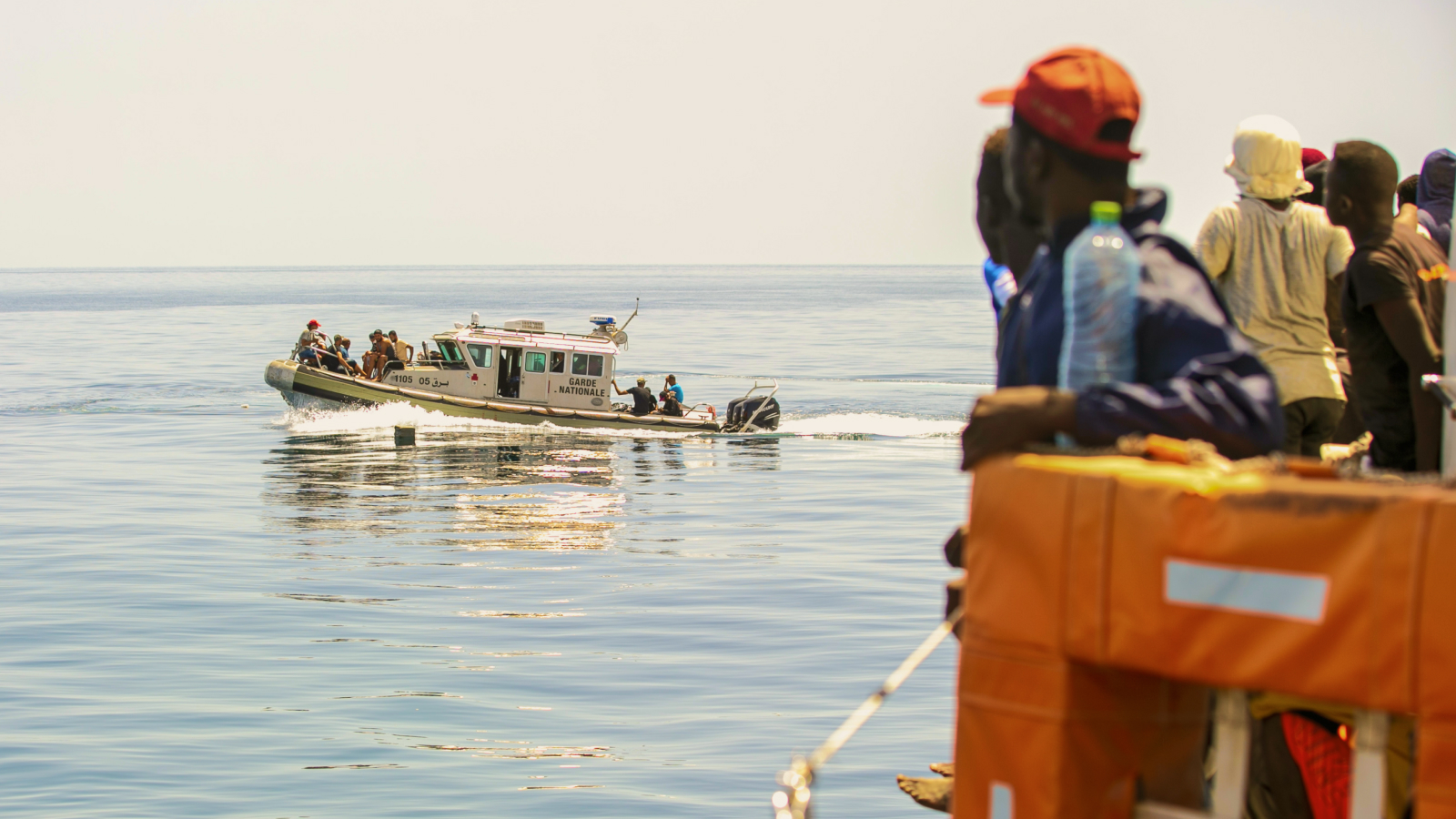For Europe, How Many Refugees Are Too Many Refugees?

On Monday, the EU called an emergency session to deal with the onslaught of refugees attempting to enter Europe. Their temporary solution to relocate the 40,000 migrants from Italy and Greece is a first step to sharing the responsibility of this escalating humanitarian crisis. But many Eastern European countries were not too pleased, citing that they have no history of accepting asylum seekers and that their economies cannot support more people in search of employment.
On the latter argument, these countries’ leaders do have a point. Unemployment is high in many of these countries. There are also problems of economic investment and weak growth. Slovakia, according to the OECD, has “significant regional disparities” in economic opportunity and mobility. Adding more people will certainly tax these countries’ already strained financial infrastructures.
Many European leaders are scrambling to find any solution besides accepting displaced people, but with 4 million refugees and growing, the problem is beyond containing it to Syria and the region.
However, Slovak Interior Minister Robert Kalinak’s opposition to accepting any refugees is not realistic, either. Eleven nations already meet or surpass the quota. Moreover, it accounts for a country’s current population and GDP, which means, if anything, larger nations like France and Spain would need to approve more applications.
Many European leaders are scrambling to find any solution besides accepting displaced people, but with 4 million refugees and growing, the problem is beyond containing it to Syria and the region. France’s plan to launch airstrikes to deal with the migrant crisis will, if anything, cause more displacement. The reality is that any isolationism or cultural elitism will have to be thrown aside for the situation not to deteriorate any further.
To understand the global refugee crisis, Americans need to be less isolationist than in the past. Henry Rollins has been around the world — and back:





